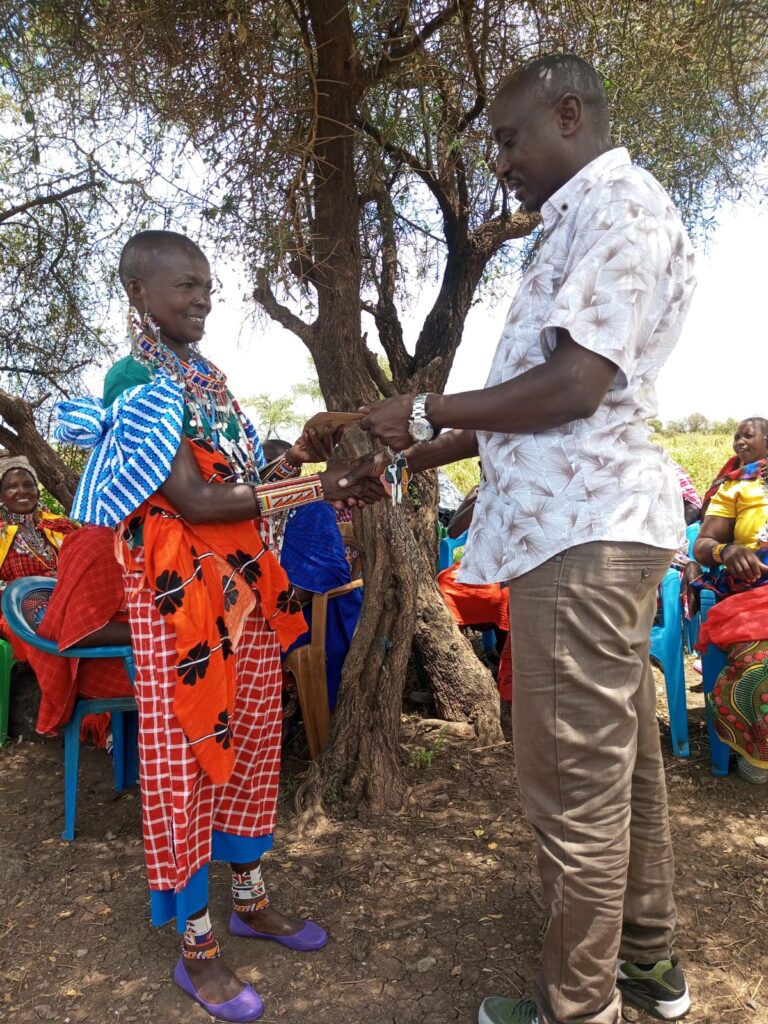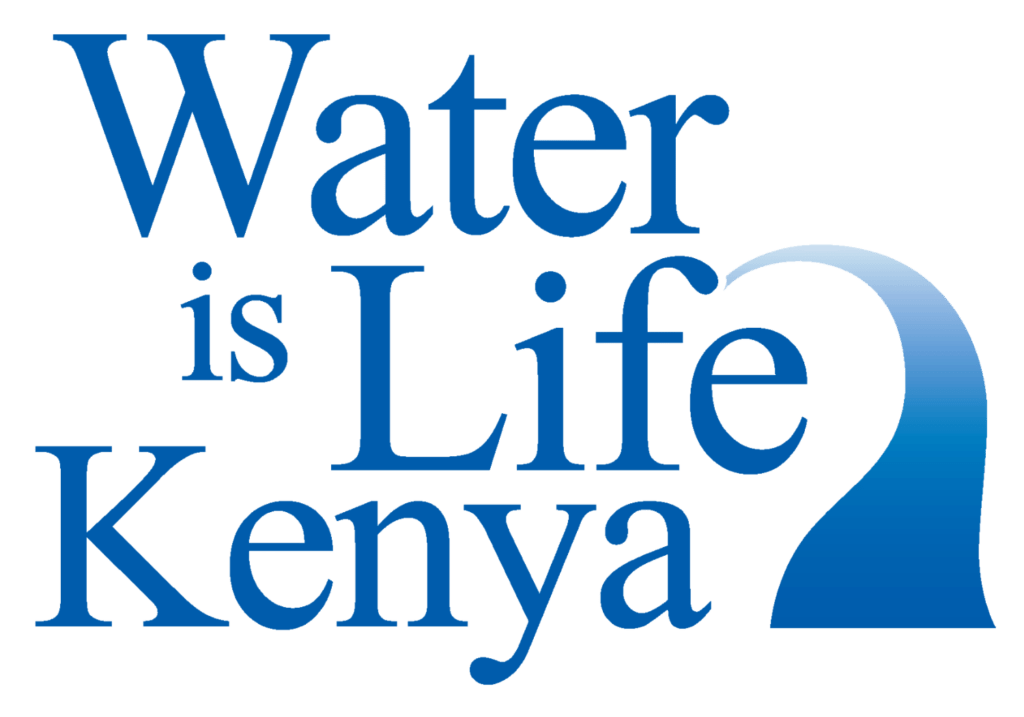Share
Watch the Hope for Widows Documentary
Background
Life for Maasai women has never been easy. According to Maasai tradition, women do not own property and have little to no possibility of generating cash flow. Even now, many women remain uneducated, marry young, have full responsibility of the household and children, and stay fixed in a cycle of poverty.
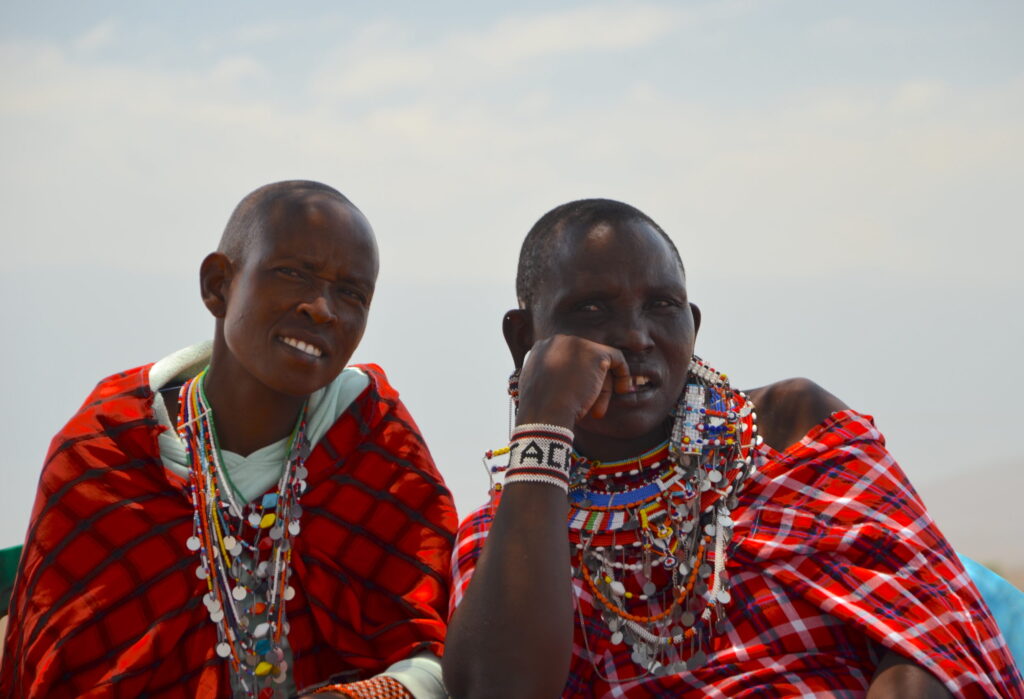
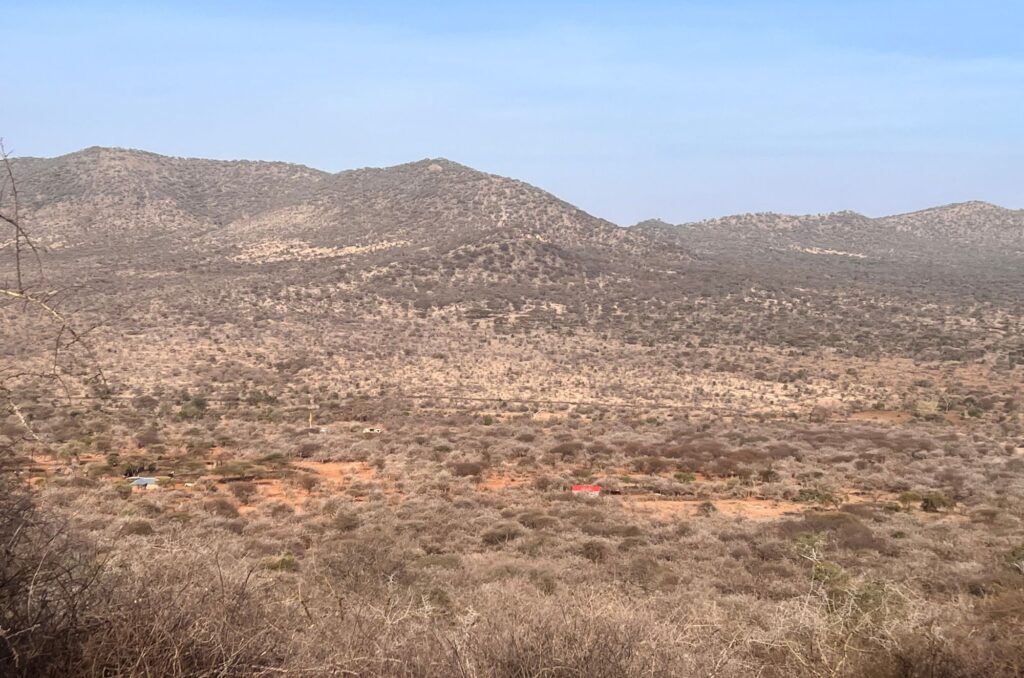
Changes in Land-Use Laws
The historic communal land ranches, called Group Ranches, where Maasai live no longer have legal status. A 2016 amendment forced each Group Ranch to subdivide its land among registered members. Under the new subdivision plans, and in order to be able to claim their allocated land parcels, members are required to pay a fee for land surveying costs and paperwork.
On the Margins
The group most impacted by the law changes were Maasai widows. We learned from our projects in the Olgulului / Ololarashi Group Ranch and our close relationship with its community members that women stood to be disenfranchised due to their inability to pay the fees, further increasing their chasm of poverty.
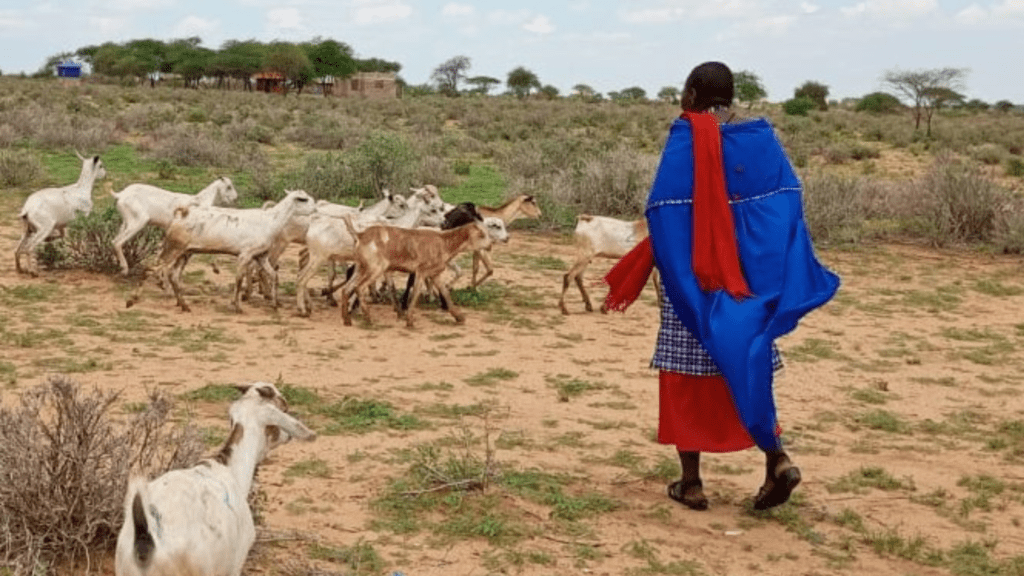
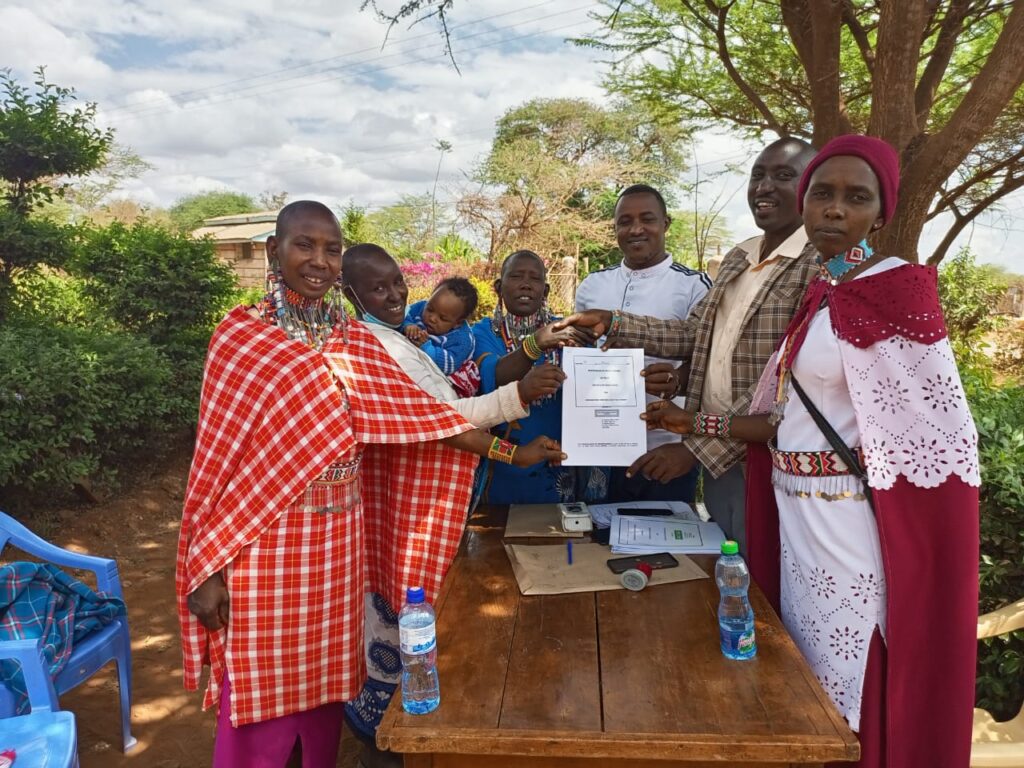
Securing Their Rightful Land
Through a generous donor, we paid the fees for 40 widows to secure their rightful land. As only 5% of women in Kenya own property independently, land ownership is a positive step towards economic autonomy. But the widows have many needs – reliable income for food, clothing, and school fees.
The Program
Our Hope for Widows program developed out of the question: How can we help Maasai widows support themselves? In May 2022, we received a grant from the Raskob Foundation for our Hope for Widows pilot program, and it gave us the opportunity to develop a plan to propel the widows towards independence and self-esteem.
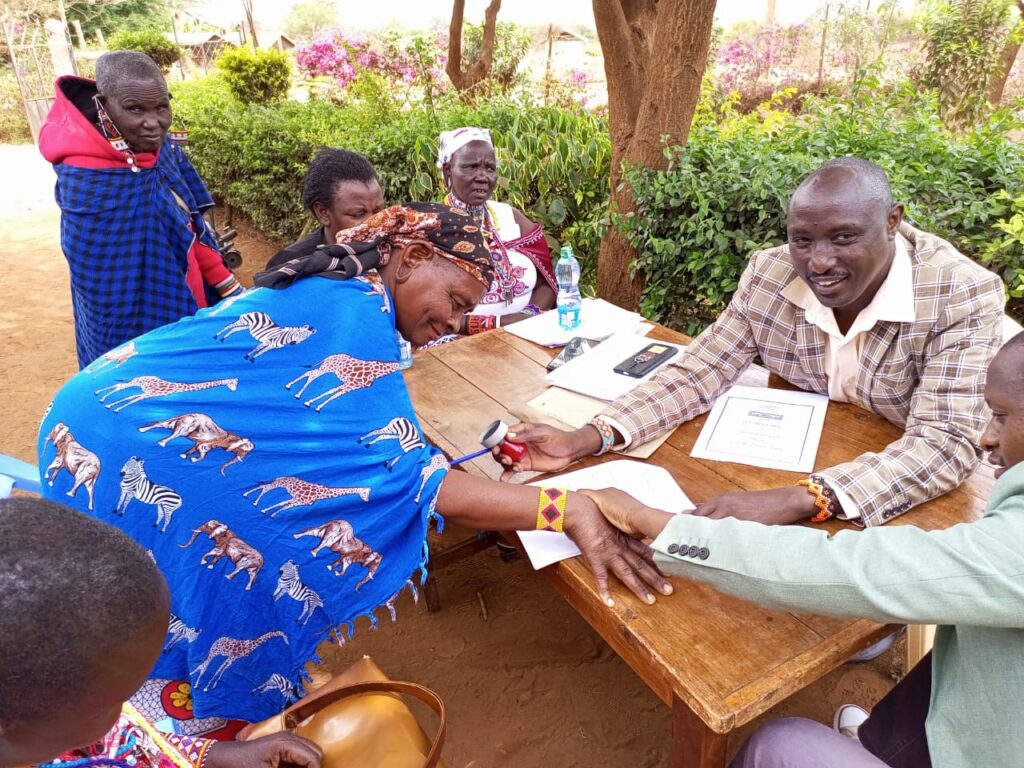
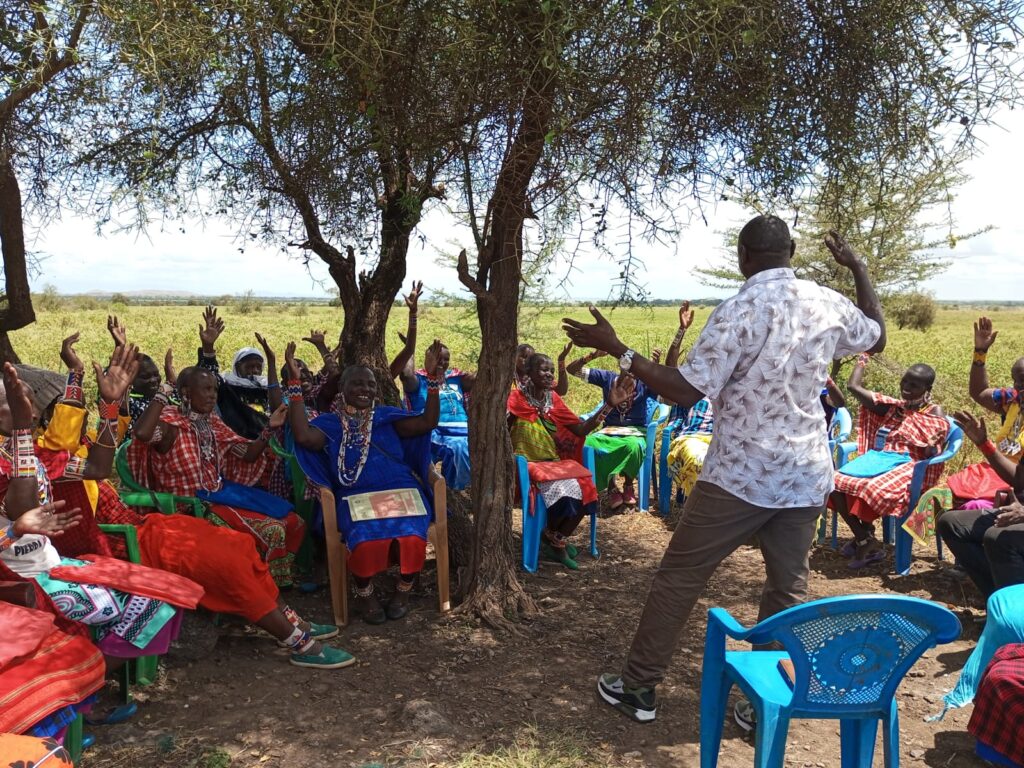
Program Focus
The Hope for Widows program is a subset of the Livestock as a Business (LAB) program, which has been in operation since 2011. But instead of livestock, Hope for Widows teaches small business skills that provide both short-term and long-term financial gains.
Small Steps Forward
The pilot of our Hope for Widows program directly impacted 150 women and their families. Widows’ businesses, from selling clothing and beads for tourists to preparing and selling food to people in their community, helped pay for daily expenses that they otherwise could not afford. This provided widows with greater autonomy so that they weren’t begging for food and money.
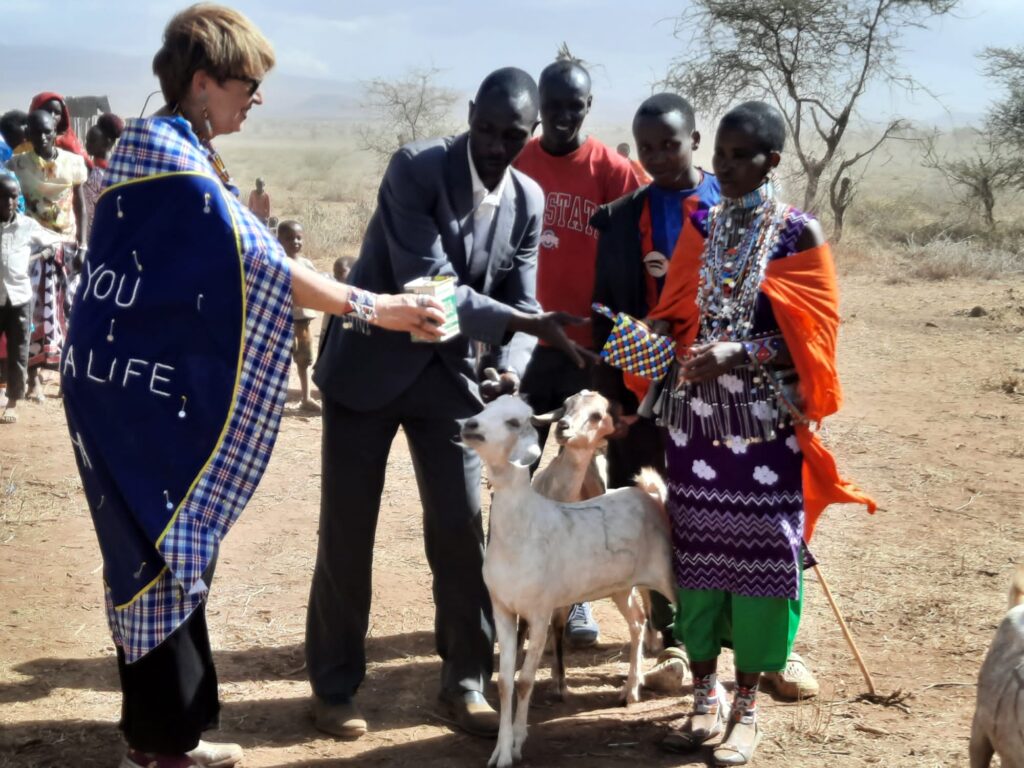
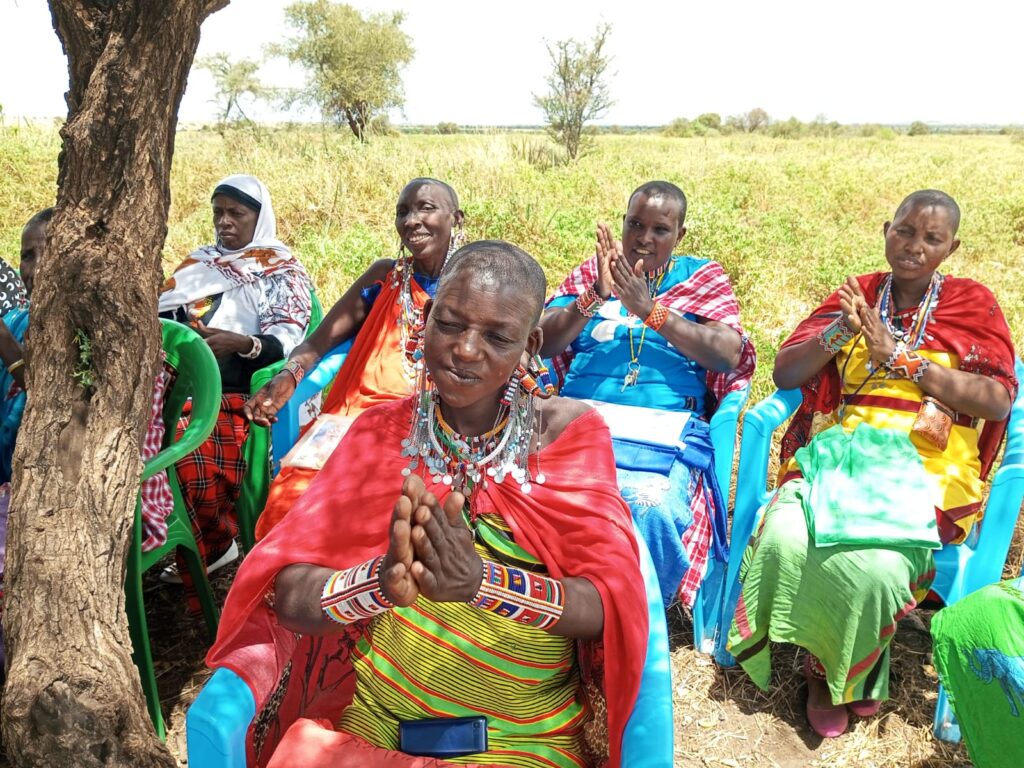
Empowered and Uplifted
The widows come from different backgrounds, different experiences, and different regions, but they all have one thing in common: they want a better life. They feel empowered by this program, and we’re eager to see how much they grow.
Training + Goats + Grants = Hope
Since 2022, we’ve selected a new group of women each year to participate in our Hope for Widows Program. These women are heads of household who are solely responsible for supporting their families.
We provide them with comprehensive trainings in confidence building, leadership, business skills, marketing, and other entrepreneurial strategies.
After these trainings, we hold our Goats & Grants Ceremony where each participant receives a $150 grant to jumpstart her small business as well as three goats (2 females and 1 male) to build her long-term assets. It’s a great day for the widows and a celebration of their achievements.
Read More about the Widows
From Our Blog:
- How to Affect Lasting Changes: People-Centered Work in Kenya (2/20/24)
- Hope for Widows Spotlight: One Woman’s Journey as a Businesswoman (11/16/23)
- Goats and Grants, Round 2 (9/18/23)
- Widows Update: Hope, Part II (7/23/23)
- International Widows Day: A Universal Call to Uplift Others (6/21/23)
- Bringing Hope: An Inside Look at Our Hope for Widows Pilot Program (12/14/22)
